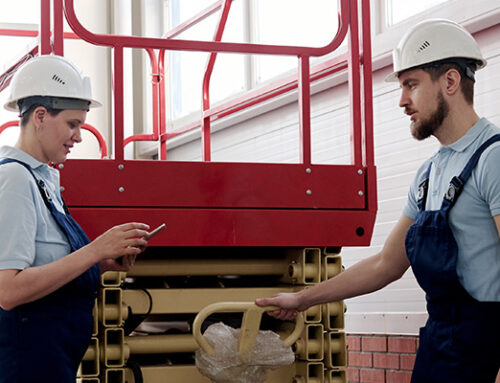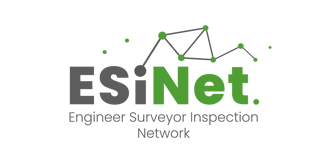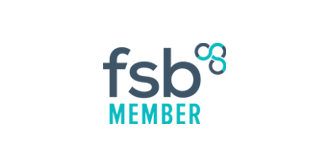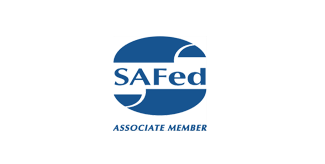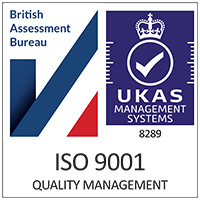If your business uses any form of lifting equipment — even occasionally — you may have legal responsibilities under the Lifting Operations and Lifting Equipment Regulations 1998 (LOLER). While large organisations often have dedicated safety teams to manage compliance, small businesses may not realise these rules apply to them too.
In this article, we explain what LOLER is, who it applies to, and what small business owners need to do to stay compliant and protect their employees.
What Is LOLER?
LOLER is a UK regulation that governs the use of lifting equipment at work. It requires that lifting equipment is:
-
Suitable for the intended task
-
Properly maintained
-
Examined regularly by a competent person
-
Used by trained operators
LOLER applies to any business, regardless of size, that uses lifting equipment in the course of its operations.
What Counts as Lifting Equipment?
Lifting equipment is broadly defined and includes:
-
Forklift trucks
-
Engine hoists
-
Chain blocks
-
Mobile or overhead cranes
-
Vehicle tail lifts
-
Lifting slings, chains, and shackles
-
Patient hoists in care settings
Even if you only use these items occasionally or hire them in for specific jobs, LOLER still applies.
Key LOLER Duties for Small Business Owners
1. Conduct a Thorough Examination
Lifting equipment must be thoroughly examined by a competent person:
-
Every 6 months for lifting accessories or equipment lifting people
-
Every 12 months for other lifting equipment
-
After installation, repair, or relocation
A report of the examination must be provided, with any defects clearly identified.
2. Choose a Competent Person
This must be someone with the appropriate knowledge, experience, and qualifications to assess lifting equipment safely and independently. Many businesses choose to work with independent inspection bodies like SIS Ltd.
3. Keep Proper Records
LOLER requires you to keep:
-
Examination reports (for at least 2 years or until the next report)
-
Maintenance records
-
Evidence of operator training
These may be requested by inspectors, insurers, or clients at any time.
4. Train Your Operators
All equipment must be used by trained, authorised individuals. Training doesn’t need to be formal in every case, but it must be:
-
Relevant to the equipment being used
-
Refreshed regularly
-
Documented
Training helps prevent accidents and demonstrates due diligence.
5. Maintain Your Equipment
In addition to inspections, lifting equipment must be maintained in a safe condition. This means checking for:
-
Signs of wear or damage
-
Deformed or stretched chains
-
Loose or missing safety features
-
Fluid leaks or jerky movement
Simple daily checks by operators can make a big difference.
What Happens If You Don’t Comply?
Even for small businesses, non-compliance with LOLER can lead to:
-
Fines and enforcement notices
-
Invalidated insurance policies
-
Serious injury or death in the event of failure
-
Reputational damage with clients or contractors
In some cases, directors or owners may be held personally liable.
Final Thoughts
LOLER is not just for big construction sites — it applies to any business using lifting equipment, no matter the size. With a practical, well-managed approach to inspections, training, and maintenance, small businesses can stay compliant and operate safely.
At SIS Ltd, we offer cost-effective LOLER inspections for small and growing businesses. Our engineer surveyors provide clear reports, expert advice, and peace of mind that your lifting operations are safe and legal.
Need a LOLER inspection for your small business? Contact SIS Ltd today to get started.






